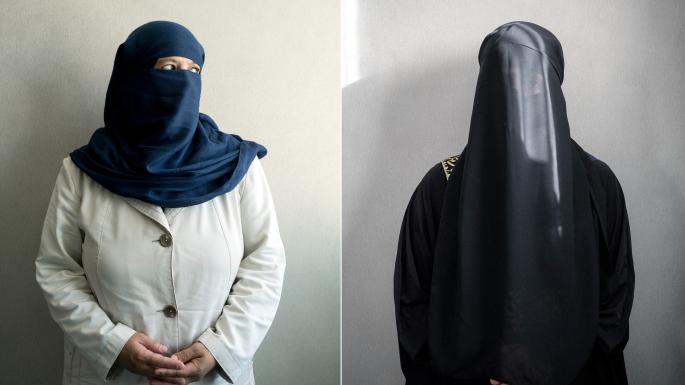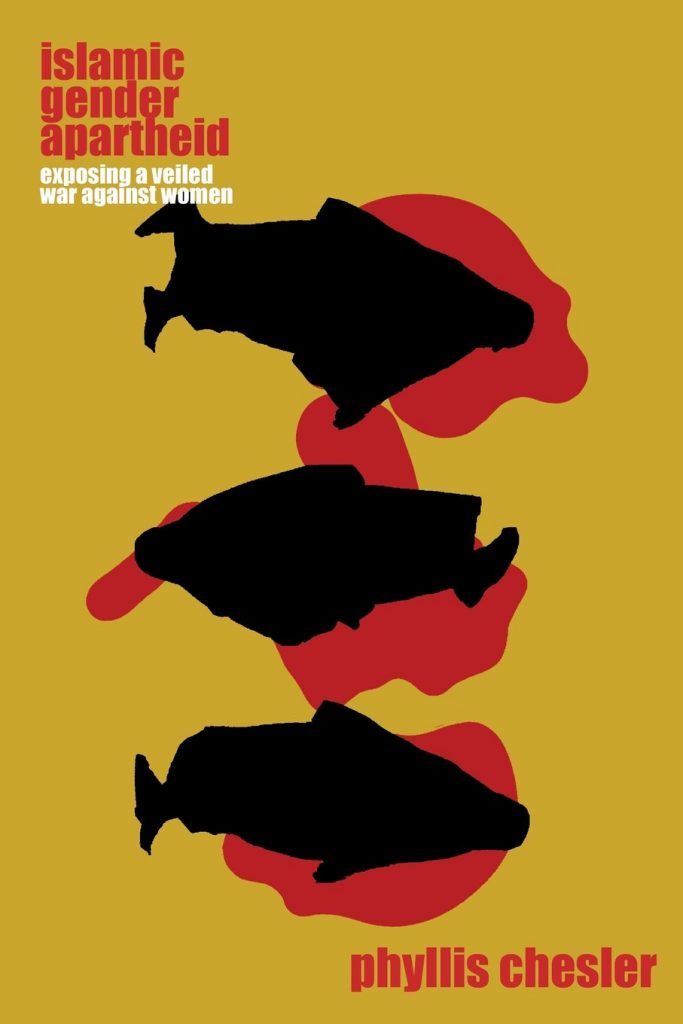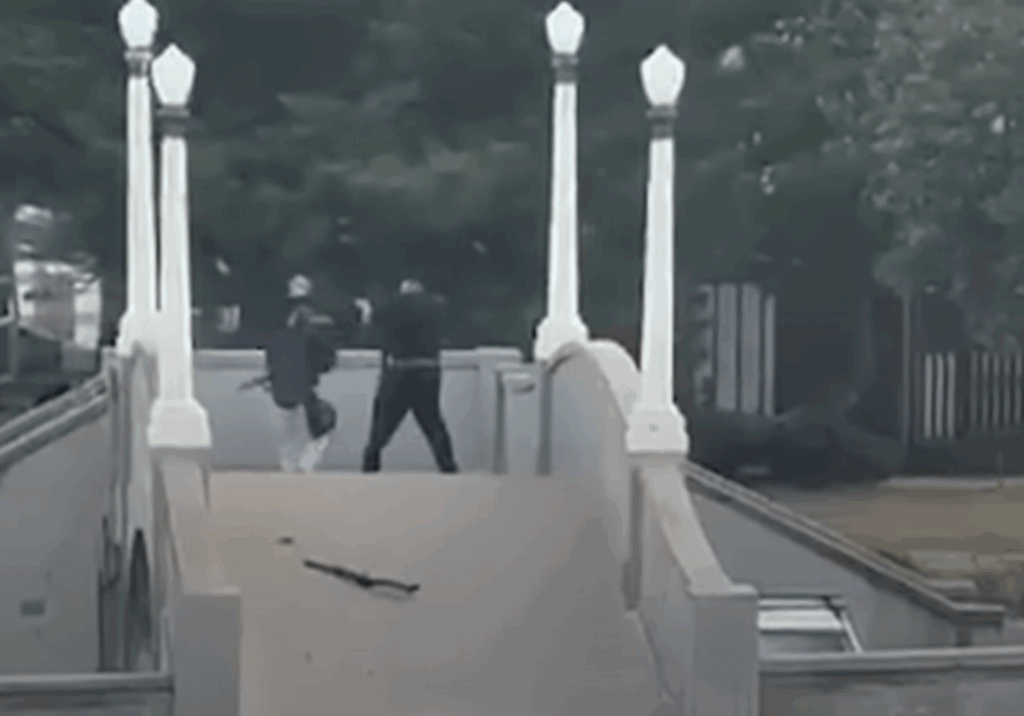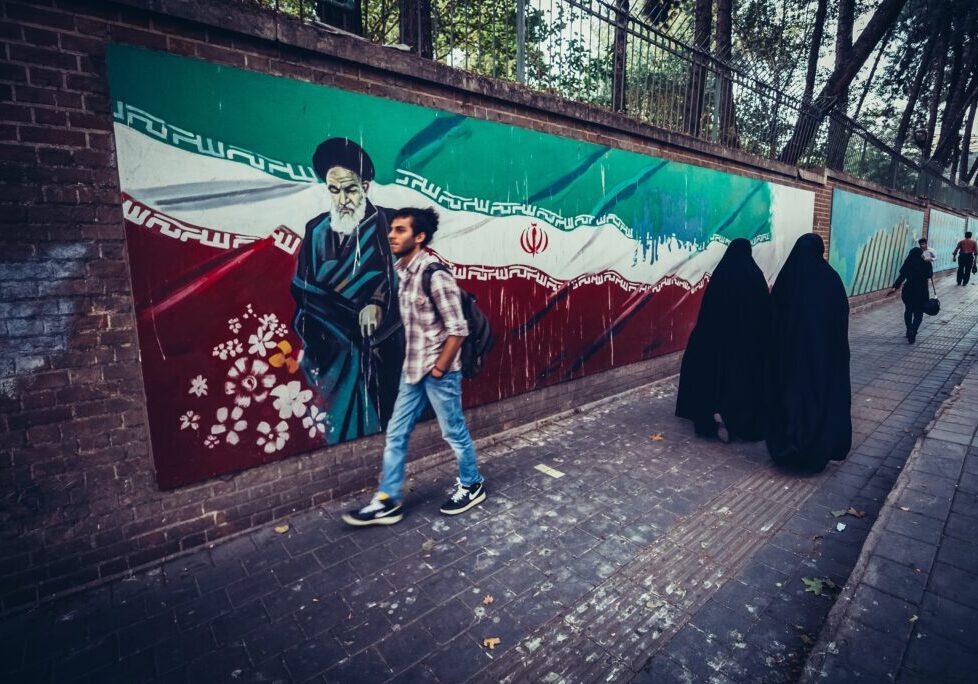Australia/Israel Review
Biblio File: When Feminism fails Muslim Women
Dec 31, 2018 | Ida Lichter

Islamic Gender Apartheid: Exposing a Veiled War against Women
by Phyllis Chesler
New England Review Press, 2017, 462 pp., US$19.49
 Phyllis Chesler’s feminist awakening followed marriage to an Afghan student in the 1960s. Living in his home country, she found charming individuals, but the patriarchal society embraced purdah (female seclusion), arranged marriage, polygamy, forced pregnancies and veiling. These and other sexist abuses prompted her fiery response, and Chesler has compiled here more than 100 wide-ranging articles and essays written between 2003 and 2016.
Phyllis Chesler’s feminist awakening followed marriage to an Afghan student in the 1960s. Living in his home country, she found charming individuals, but the patriarchal society embraced purdah (female seclusion), arranged marriage, polygamy, forced pregnancies and veiling. These and other sexist abuses prompted her fiery response, and Chesler has compiled here more than 100 wide-ranging articles and essays written between 2003 and 2016.
As a 1960s-era feminist, Chesler’s firm position on universal human rights conflicts with the postcolonial, cultural relativist, Marxist, and Islamist views among more recent, more politicised feminists. Professors of women’s studies, she observes, are more concerned with Palestine than with extreme forms of gender apartheid such as stoning for alleged adultery, acid attacks, and lashings for rape victims – violations they would abhor in their own societies. But finding fault would provoke accusations of racism or “Islamophobia.” Their focus remains on US foreign and military policies while ignoring jihad and Islam’s history of “imperialism, colonialism, capitalism, and racism,” let alone gender apartheid.
Many articles deal with veiling. Chesler favours banning burqas due to their sensory deprivation, physical confinement, and risk of vitamin D deficiency. Furthermore, the burqa is iconic of radical Islam and presents a security problem when worn by criminals as a disguise. Nor, she notes, does total cover protect from sexual assault. Women have a right to veil or not, but many who refuse are in danger of assault or even murder. Chesler maintains their rights must be defended.
She also bemoans violence by Muslim women who have “internalised the values of a shame and honour culture and function as enforcers.” The al-Khansaa Brigade’s female militia implements an oppressive Islamic State (ISIS) manifesto, and female accomplices are part of a “collaborative conspiracy” in many honour killings.
However, many heroic Muslim feminists – religious and secular – are challenging transnational Islamic and Islamist gender apartheid. Chesler entreats the West to support them. They include Asra Nomani, Mona Eltahawy, Seyran Ates and Elham Manea.
Of necessity, most of Chesler’s articles were published on conservative websites. But the timid and politically correct mainstream media needs to be rattled and a resistant academia persuaded to accept the study of Muslim suffragists – a significant new feminist wave. As Islamic and Islamist misogyny are imported to the West through migration, Chesler’s work is required reading.
Dr. Ida Lichter is a Sydney-based psychiatrist and an internationally known writer and commentator on women’s rights in Islamic societies. Her book, Muslim Women Reformers: Inspiring Voices Against Oppression, is a standard reference in many American universities. Reprinted from Middle East Quarterly (www.meforum.com/meq). © Middle East Forum, reprinted by permission, all rights reserved.
Tags: Islamic Extremism, Middle East






